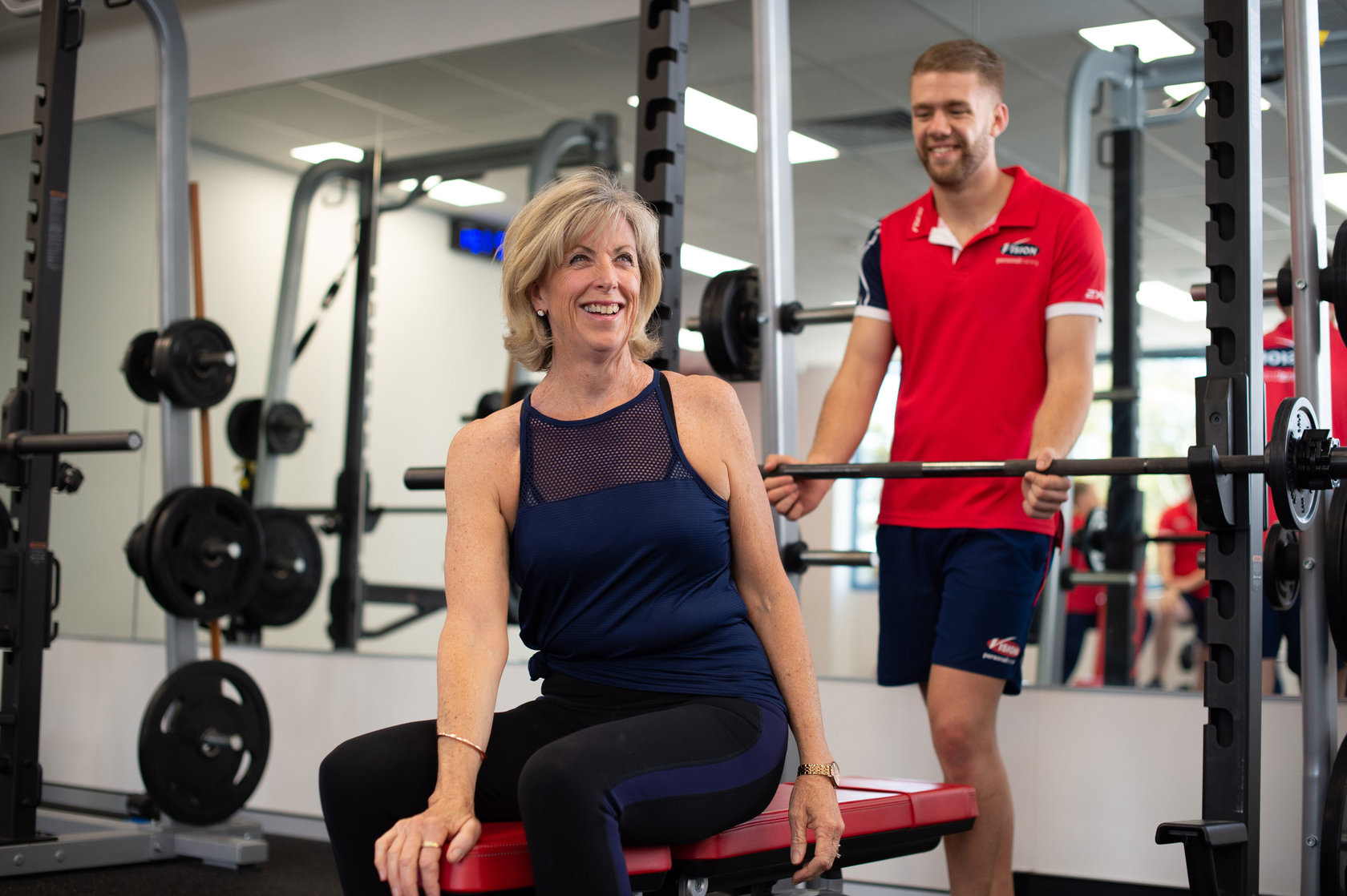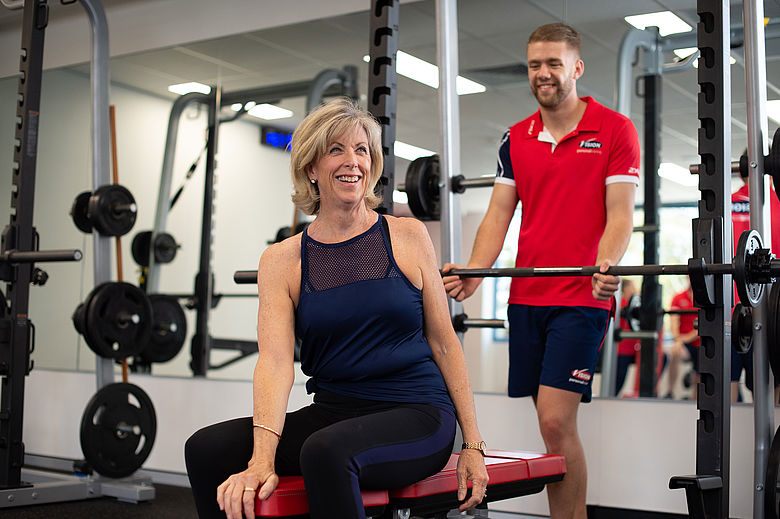So what's a "Macronutrient"?
When it comes to nutrition, there are many ways to plan and control what you have in accordance with your body composition goals (i.e. fat loss, muscle gain, sport performance etc.). Some use calorie counting, points systems, only eating certain foods or NEVER EATING OTHERS!!! THEY'RE SAYING IT IN CAPITALS, RUN!
While these can have varying degrees of success, nutrition plans that promote strict routines or exclude foods you enjoy can lead to a bad case of "this sucks", potentially limiting your success achieving your goals.
At Vision Personal Training, we calculate your macronutrient intake, relevant to your body composition, activity levels and goals, which allows you to eat for your ideal body while giving you a way to still fit in the foods you enjoy in moderation. Everyone wins!
So what's a Macronutrient?
The term "macronutrient" refers to the Protein, Carbohydrate and Fat content of the food we eat (or what we drink). All foods and drinks have these in different quantities, and it affects what your body does with that food.
What's Protein?
Protein is used for muscle repair and maintenance, and for providing satiety (making you feel "full"). It is difficult for your body to use Protein as an energy source as it must use the Carbohydrates and Fats in your body first, so increasing your daily Protein amount while dropping your Carbohydrate or Fat amounts can assist in body fat loss. Protein sources can include:
- Beef
- Chicken
- Turkey
- Lamb
- Pork
- Fish
- Kangaroo
- Dairy
- Eggs
- Protein supplements
...and Carbohydrates are?
Carbohydrates function as the body's main source of energy, and are the primary fuel source for brain function. Carbohydrates are in many foods, and can be easily divided into "Poor", "Moderate", and "Ideal" categories.
"Poor" Choices - generally consumed for taste, low in nutritional value, and high in Carbohydrates and Fats. These can include:
- Chocolates and sweets
- Cakes and pastries
- Sugary soft drinks
"Moderate" Choices - provide longer lasting energy when consumed, can be lower in Fats and slightly higher in nutritional value. These can include:
- Rice
- Pasta
- Seeds
- Grains
- Breads
- Potato
- Fruit - depending on how sweet/sugary the fruit is
"Ideal" Choices - generally higher in nutritional value and lower in Carbohydrates and Fats, these are great to add volume to your meal and provide vitamins and minerals. These can include:
- Capsicum
- Kale
- Spinach
- Lettuce
- Carrots
- Tomatoes
- Broccoli
- Pretty much all veggies except potato and pumpkin
Diets high in Carbohydrates can make body fat loss difficult, as your body must burn through its Carbohydrates before it can burn fat.
...so the Fat would refer to?
Dietary Fat functions to regulate and transport hormones around the body, provide vitamins A, D, E, and K (which nourish your hair, skin, teeth and nails), and slow the absorption of Carbohydrates (i.e. eating an apple provides a quick burst of energy due to the sugar but can fade quickly, however having a small handful of nuts with the apple can provide longer lasting energy). Dietary Fat is vital for proper bodily function, so it is not recommended to eliminate Fat from your diet. Fat sources can include:
- Nuts
- Seeds
- Avocado
- Fish
- Oil - ideally Olive or Coconut
- Dairy - except "Skim" or "Low-fat" of course!
- Red meats - depending on how lean the cut of meat is
How much Carbohydrate, Protein and Fat you need to consume daily will vary depending on your body type, body composition, activity levels, and goals. At Vision Personal Training, we calculate your macro intake based on the above factors, how much time you can commit to an exercise program, and what kind of exercise program will be the right fit for you and your lifestyle, and then give you an online tool to track your daily macros.
So what's a Macronutrient?
Macronutrients are the key to being aware of what you eat, while still being able to fit in what you enjoy, and that my friends is a win-win! Enquire at your local Vision Studio to find out how we can help you make sense of nutrition, exercise, and what works for you to achieve your goals and transform your life today!
Yours in health & fitness,
Alex Campbell
Vision Personal Training Neutral Bay
*Disclaimer: Individual results vary based on agreed goals. Click here for details.

